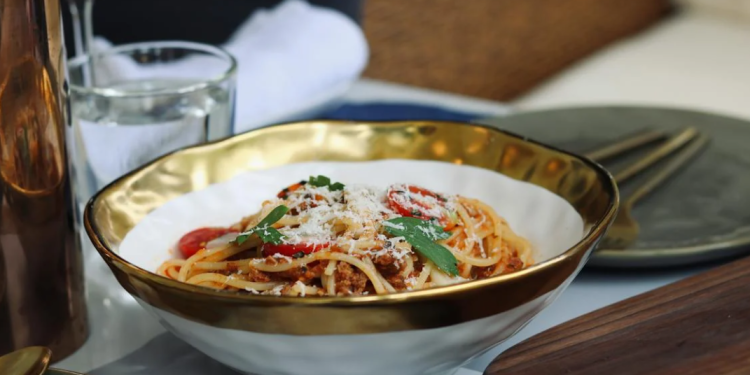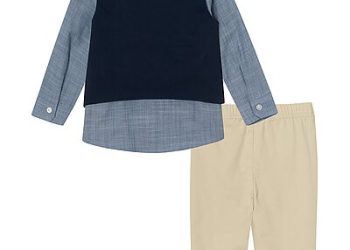Cooking is an art form that requires precision, and one of the fundamental tools in a chef’s arsenal is the humble kitchen knife. Whether you’re a novice cook or a seasoned pro, mastering knife skills is essential for efficiency, safety, and culinary excellence. In this article, we’ll explore the ten essential knife skills that every home cook should strive to perfect.
Choosing the Right Knife
Before diving into the world of knife skills, it’s crucial to understand the different types of knives available and their specific purposes. From chef’s knives to paring knives, each blade is designed for a particular task. Selecting the right knife for the job can make all the difference in your cooking experience.
Grip and Stance
A proper grip and stance are the foundation of good knife skills. The grip should be firm yet comfortable, with your fingers securely wrapped around the handle and your thumb resting on the spine of the blade. Your stance should be stable, with your non-dominant hand serving as a guide for the blade.
Knife Safety
Safety should always be the top priority when handling sharp objects in the kitchen. Always keep your fingers tucked away from the blade and use a cutting board to prevent accidents. When not in use, store knives in a designated knife block or sheath to avoid injury.
Basic Knife Cuts
Mastering basic knife cuts is essential for everything from chopping vegetables to deboning meat. Practice slicing, dicing, chopping, and mincing until you can execute each technique with precision and consistency.
Sharpening and Honing
A sharp knife is a chef’s best friend, but maintaining that sharpness requires regular maintenance. Invest in a high-quality sharpening stone or honing steel and practice proper sharpening techniques to keep your knives in top condition.
Using Knives with Vegetables
Vegetables come in all shapes and sizes, each requiring a different cutting technique. Whether you’re julienning carrots or chiffonading spinach, mastering vegetable knife skills will elevate your culinary creations.
Using Knives with Fruits
From delicate berries to tough-skinned citrus fruits, cutting fruit requires finesse and precision. Learn how to slice, dice, and peel various fruits to unlock their full flavor potential.
Using Knives with Proteins
Cutting meat, poultry, and fish can be intimidating for novice cooks, but with the right technique, it’s a breeze. Practice proper cutting and deboning methods to make quick work of protein preparation.
Advanced Techniques
Once you’ve mastered the basics, it’s time to level up your knife skills with advanced techniques like brunoise, tourne, and filleting. These decorative cuts and garnishes add flair to your dishes and impress dinner guests.
Knife Maintenance
Proper care and maintenance are essential for prolonging the life of your knives. Keep blades sharp with regular honing and sharpening, and store them safely to prevent damage.
Practicing Knife Skills
Like any skill, mastering knife skills takes practice. Set aside time each week to hone your cutting techniques and experiment with new recipes.
Common Mistakes to Avoid
Even experienced cooks make mistakes in the kitchen, but being aware of common errors can help you avoid them. From using dull knives to improper grip, learn how to correct mistakes and improve your technique.
Benefits of Mastering Knife Skills
The benefits of mastering knife skills extend beyond the kitchen. Efficient knife skills save time and effort, while also reducing the risk of accidents. Plus, there’s a certain satisfaction that comes from expertly slicing and dicing ingredients like a professional chef.
Conclusion
In conclusion, mastering knife skills is essential for any home cook looking to elevate their culinary creations. By choosing the right knife, practicing proper technique, and prioritizing safety, you’ll soon be chopping, slicing, and dicing like a pro. So sharpen those blades, grab your cutting board, and let’s get cooking!

FAQs
- How often should I sharpen my knives?
- It depends on how frequently you use them, but generally, knives should be sharpened every few months.
- What’s the best way to store knives to prevent damage?
- Store knives in a knife block or on a magnetic strip to keep blades safe and sharp.
- Can I use the same knife for cutting meat and vegetables?
- It’s best to use separate knives for meat and vegetables to prevent cross-contamination.
- Do I need a special cutting board for vegetables?
- While not necessary, a separate cutting board for vegetables can help prevent flavors from transferring between ingredients.
- How can I improve my knife skills if I’m a beginner?
- Start with simple techniques and practice regularly to build confidence and proficiency over time.




